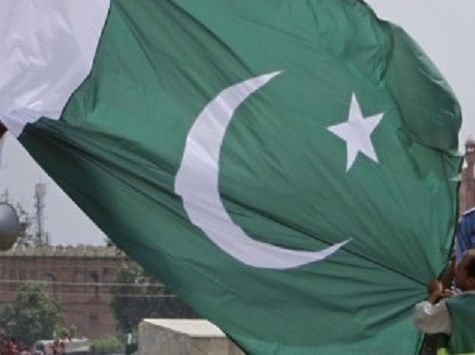For the first time in history, Pakistani history books for middle and high school students will describe the role that Christians, Hindus and Sikhs have had in building the country after independence.
The change in curriculum is small but significant, and is being touted as a victory for the Pakistan Minorities Teachers’ Association (PMTA).
In 2013, PMTA’s president, Anjum James Paul, wrote to Pakistani Prime Minister Mian Muhammad Nawaz Sharif, complaining that students’ textbooks discriminate against non-Muslims, and threatening a boycott if the school texts were not modified.
In his letter, Paul cited the “Islamization of textbooks,” which often contained Islamic prayers, despite the fact that “these books are for all the students regardless of any creed.”
Together with the PMTA, religious liberty groups, including the independent, bipartisan U.S. Commission on International Religious Freedom (USCIRF), have maintained pressure on Pakistan to guarantee a greater openness to religious minorities.
Though the State Department’s most recent list of “Countries of Particular Concern” (CPCs) does not include some of the countries of greatest persecution of Christians in the world today, such as Pakistan, the USCIRF has kept a spotlight on Pakistan, urging the Sharif government to enact important changes, such as that of revising students’ texts.
Paul welcomed the recent decision as an important step forward for effective religious freedom in Pakistan.
“This new development will be an asset to reduce the intolerance towards Christians, Hindus and Sikhs, persecuted and discriminated against in various ways in the nation,” he said.
The role of minorities in Pakistan now appears as a section of chapter VIII of a history book titled “Population, Society and Culture of Pakistan.”
The revised text also includes parts of the first official speech of Pakistan’s founder Muhammad Ali Jinnah where he expressed the hope that the newly born country might become a pluralistic democracy based on equality of citizens and the rule of law.
Religious liberty advocates have constantly called for revamping the education systems in majority Muslim countries as an essential part of programs aimed at encouraging respect for other religions.
In December 2014, Patriarch Louis Sako, head of the Chaldean Catholic Church in Iraq, said, “We need a new education, to pull out the jihadist mentality from the roots. Only if Muslim families offer a new education to the future generations can there be a future for Christians here.”
Pakistan’s inclusion of religious minorities in history texts is a piece of a puzzle that still needs to be completed, that entails greater police protection for minorities and the repeal of blasphemy laws that permit arbitrary persecution of Christians and other minorities in the country.
Follow Thomas D. Williams on Twitter: @tdwilliamsrome

COMMENTS
Please let us know if you're having issues with commenting.